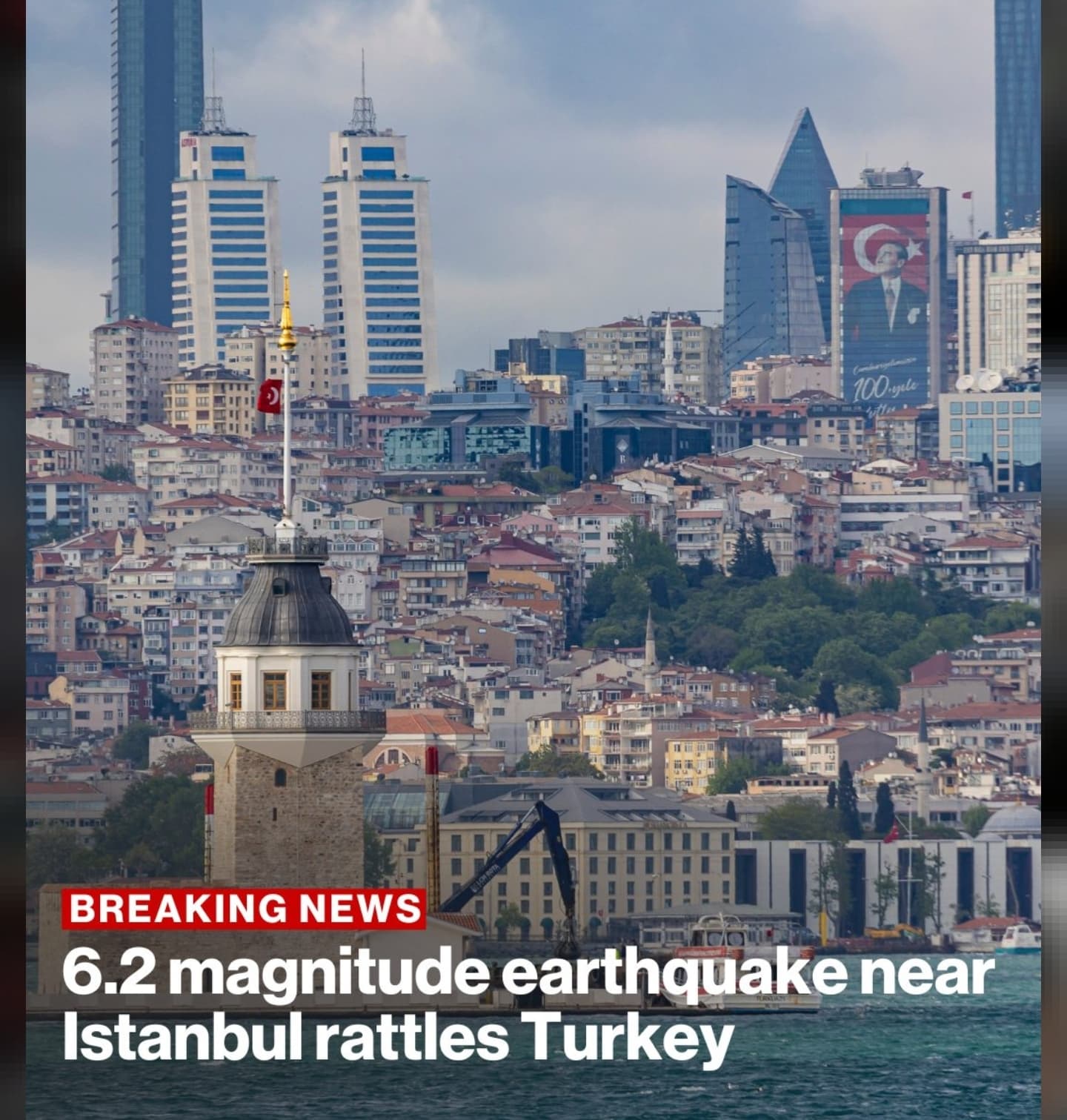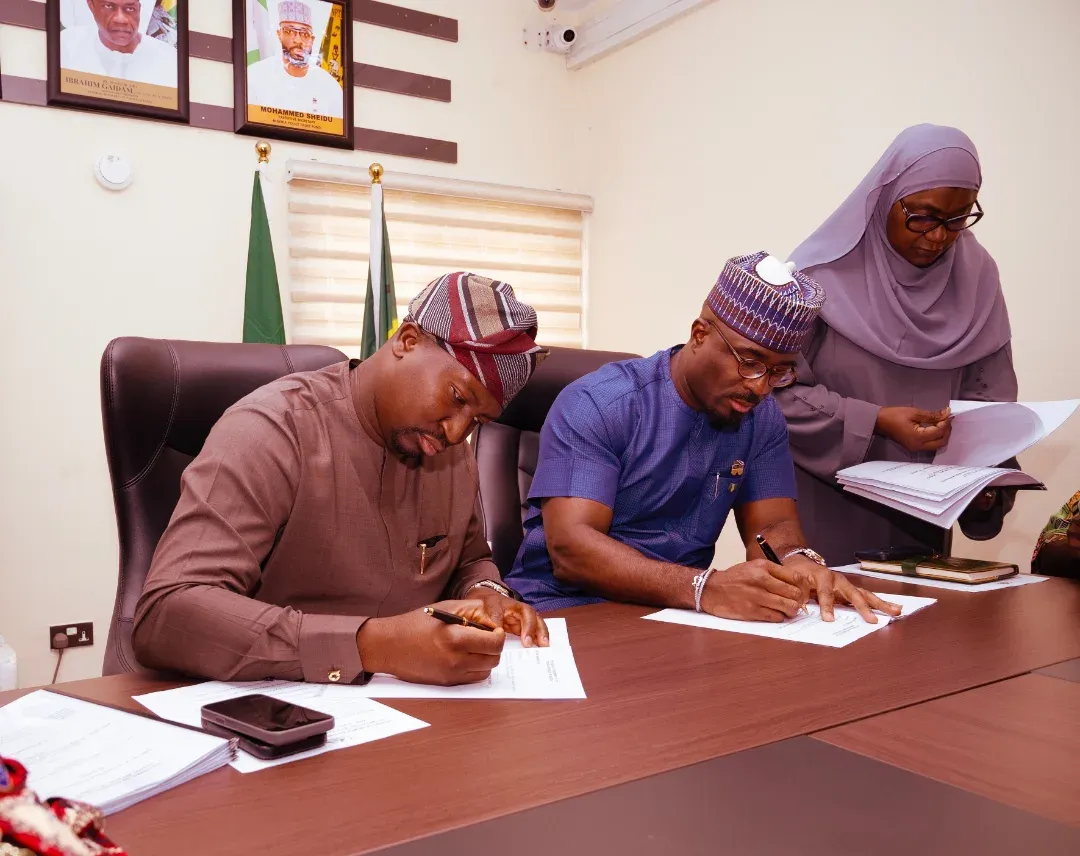VATICAN CITY — In a historic decision, the College of Cardinals has elected Cardinal Robert Francis Prevost as the 267th pope of the Roman Catholic Church. Taking the name Leo XIV, he becomes the first pontiff from the United States and the first from the Augustinian order.
A Life Spanning Continents
Born in Chicago in 1955, Pope Leo XIV brings decades of pastoral, missionary, and administrative experience to the papacy. His early priesthood included over ten years of missionary work in Trujillo, Peru, where he served local communities in one of the country’s most under-resourced regions. In 2014, he was appointed bishop of Chiclayo, a post he held until 2023.
Prior to his election, Leo served as the prefect of the Dicastery for Bishops, one of the Vatican’s most influential departments, overseeing the nomination and vetting of bishops across the globe. His background suggests a deep familiarity with both grassroots pastoral care and the inner workings of the Church’s global leadership.
A Name with a Message
Choosing the name Leo is being widely interpreted as a nod to Pope Leo XIII, who led the Church at the turn of the 20th century and was known for his advocacy on behalf of the working class and his foundational role in Catholic social teaching. The choice signals Pope Leo XIV’s likely focus on social justice, poverty, and the rights of the marginalized.
In his first public address from the balcony of St. Peter’s Basilica, Leo XIV quoted St. Augustine, the namesake of his religious order:
“For you, I am a bishop; with you, after all, I am a Christian.”
The quote struck a balance between humility and duty a tone many expect will shape his papacy.
A Papacy of Firsts
Beyond geography, Leo’s election marks a number of firsts. He is the first American pope, breaking from a centuries-long tradition of European dominance. He is also the first Augustinian pope, a notable development for an order that emphasizes community, intellectual engagement, and service to the poor.
These distinctions are already fueling speculation about how Pope Leo XIV may shape Church governance and its approach to global issues. Observers expect a continuation of reforms focused on transparency, episcopal accountability, and outreach to those on the peripheries of both society and the Church.
Global Reactions
Reactions from around the world have been swift. In Chicago, where Prevost was born, and in Peru, where he served as a missionary and bishop, faithful gathered to celebrate the election. U.S. President and Latin American leaders issued congratulatory messages, expressing hopes for deeper collaboration between the Vatican and the Americas.
What Comes Next
As Pope Leo XIV begins his pontificate, the global Catholic community watches with anticipation. With his background in both North and South America, and a track record of reform-minded leadership, many see his election as a bridge between tradition and the pressing realities of the 21st century.
He now takes on the immense responsibility of shepherding over 1.3 billion Catholics worldwide a Church grappling with internal challenges and an increasingly complex global landscape.





